Made 4 Mungos : Lost Isle Project, The British Knitwear Brand Donates....
November 10 2021 – Victoria Le Marquand

One of their British Made Chunky Ribbed Beanies - with loads of beautiful colours to choose from!
Lost Isle Project is a new brand of simple, natural, sustainable accessories made exclusively from British wool. The launch collection – a succinct edit of colourful hats – is a celebration of British material and manufacturing.
Globally, only 25% of clothing is made from natural fibres such as wool – the rest is made from fossil fuels. Our research showed that the effects of fast fashion and now the pandemic has only exacerbated the difficulties sheep farmers face in the UK, with many of them disposing of their fleeces rather than incur the cost of storing and transporting the raw material.
“…we’ve grown up with it for so long that most people have eventually forgotten about it [wool] and not realised that this is something special".”
The British wool industry is centuries old with a proud tradition of sheep farming. We have more sheep breeds than any other country and over 40,000 sheep farmers working hard across the British Isles.
Our aim is to champion and utilise British wool – a natural resource abundant across our Isle - It’s really that simple.
Why Choose Wool?
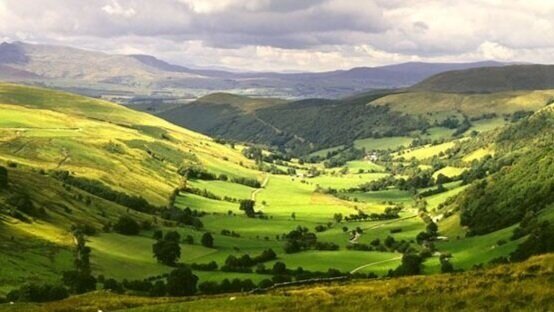
Made in England.
All Lost Isle Project accessories are made in a small factory in the rolling hills of England where certified British yarn is knitted on state-of-the-art machinery and hand finished.

No Microplastics.
Wool is a protein-based fibre, made from keratin - the fibres can be broken down naturally in marine environments which means that wool doesn't contribute to microplastic pollution. Gentle on the planet and our oceans.
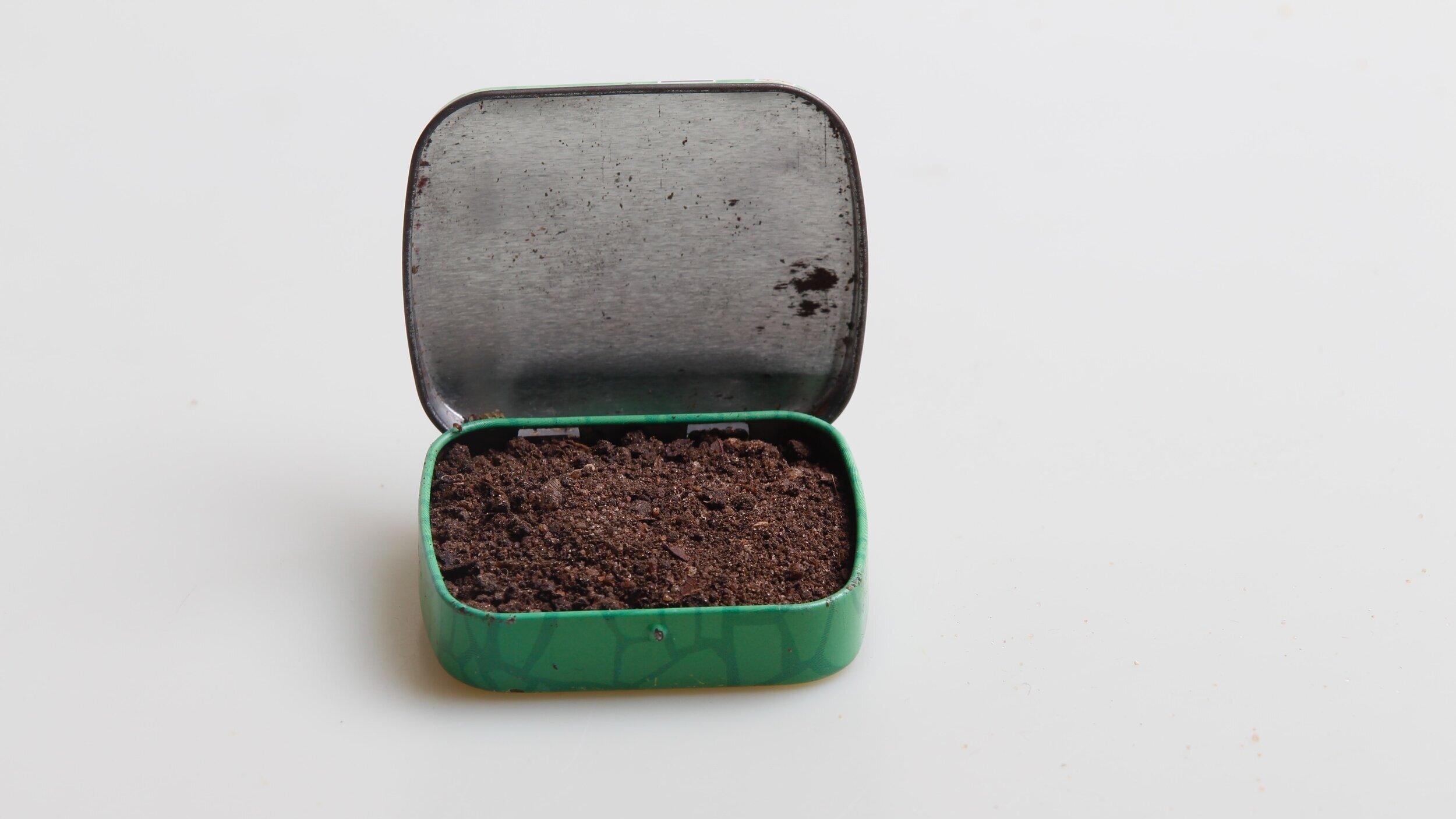
Biodegradable.
At the end of its life (which is a really long time), wool can be put into the soil, where it decomposes and releases delicious nutrients into the ground. It also takes a very short time to break down, more good news.
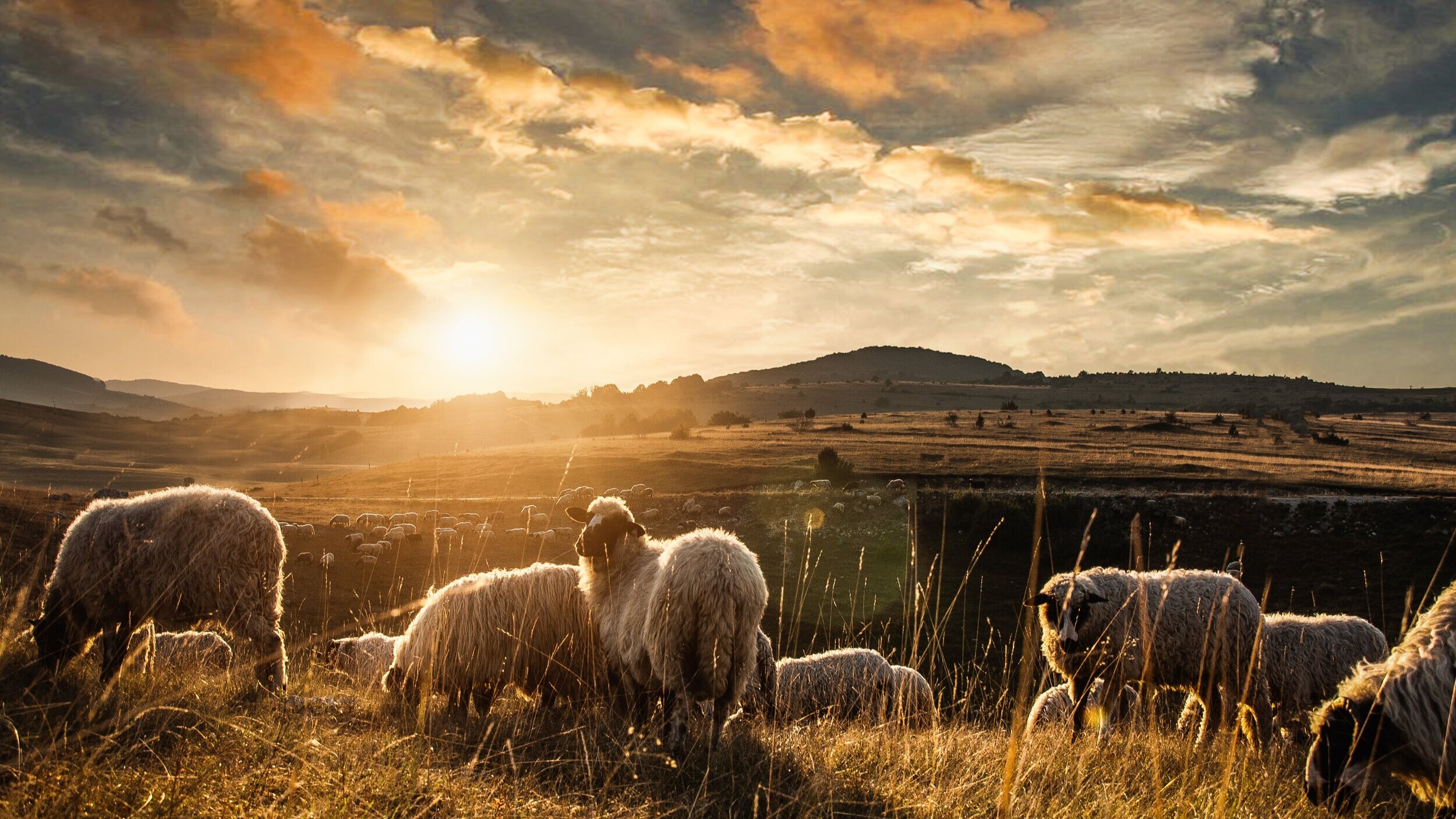
Natural.
No man made beasts here. It absorbs moisture vapour making it wonderfully breathable and antibacterial. Thanks to its natural super hero power (hygroscopic abilities) wool will react to changes in body temperature which makes it a great trans-seasonal fibre.
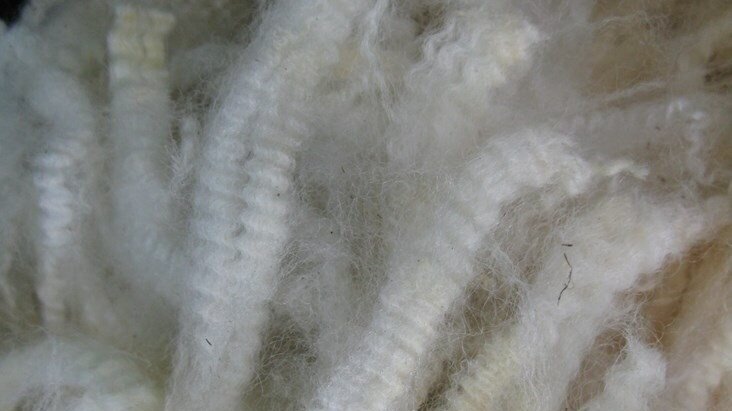
Renewable.
Natural fibre are capable of regrowing and replacing themselves. It’s super simple. As long as there is grass to munch on, every year sheep will produce a new fleece; Shearing is required for their own comfort and health; wool is a naturally occurring by-product. The UK sheep are raised naturally outdoors on pasture, with no intensive farming practices.
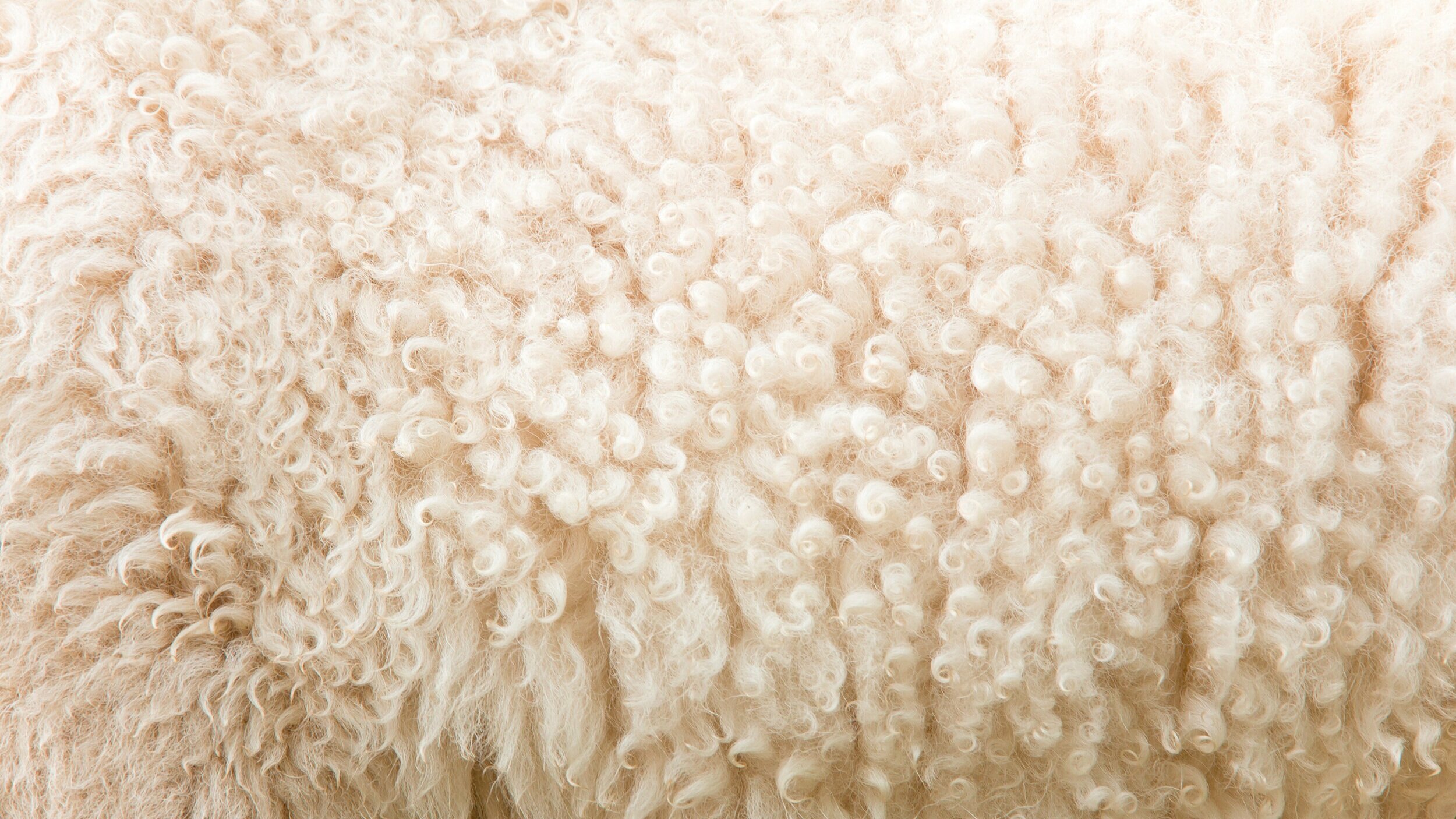
Carbon Smart.
Sheep are a natural part of the carbon cycle; they eat the organic carbon stored in plants and convert it to wool. Up to 50% of the weight of the fleece is organic carbon. That’s pretty cool.
Thanks so much for the support for the sale Lost Isle Project. I'm so pleased with the Hat Donation and love everything about your brand.
It's also lovely (and important) to have British companies uniting and supporting this sale.
The St Mungos Online Sale starts on www.independentboutique.com on the 11th November and will run for ten days until the 21st November.
All profits will go to St Mungo's.
Thanks again for your support.
#made4mungos




0 comments